Fruit For Thought - Banana


Introduction
According to the Guinness World Records, Bananas (including plantains) are the most consumed fruit in the world. Though other sources seem to dispute this slightly, the Banana usually appears in the top three, other competitors being tomatoes, apples and watermelons).
Bananas are a long, curved fruit. Interestingly enough, they are botanically a berry (botany is just the study of plants). A Berry has seeds and a pulp, and develop from the ovary, the part that forms seeds, of a flower. Because of this, Blackberries, mulberries and raspberries aren’t actually a berry.
It’s all rather confusing.
The peel is green when unripe, becoming more yellow when ripe. In this process, the high starch in green bananas is converted into sugar, giving the yellow banana a much sweeter taste. The green peels are usually a little bit more tough, which is very convenient for shipping. The bananas are harvested when green, and then transported where they are slightly more resistant. Once they arrive to the country that they intend to be sold at, they are put in rooms to ripen quicker.
Difference between and Plantain and Banana
Often one may get confused between the Banana and the Plantain. Though they look and, well, are very similar; they have some notable differences. Plantains are usually a lot larger and contain much more, and therefore less sugar, than Bananas. Plantains also have a much thicker skin.
History
A consensus amongst horticulturalists (a fancy word for people who are experts in preparing and using land for crops/gardening) is that the Banana was the first fruit on Earth. Naturally this is disputed with other sources claiming figs are, but who really knows?
Bananas originated in Southeast Asia around the Jungles of Malaysia, The Philippines and Indonesia. The name itself, “Banana” derives from the Arabic Word “Banan” which means “finger”. This kind of makes sense since a bunch of bananas are known as a “hand”, and each banana is known as a “finger”.
Although the fruit itself is bright and sweet, well atleast most of them, their history is a lot darker and far more bitter. From chokeholds on entire continents to revolutions against the powerful, accompanied with a disease that crippled those in power and those constrained by it alike, the Banana has a deep-rooted history. Now don’t worry I won’t be saying all of this and keep you in suspense without elaborating, so there will be a blog on it. Unfortunately, however, this blog will be posted next week!
Nutrition
Bananas have a lot of nutritional value, having low calories and high fiber. It also is known to be high in Potassium.
The high Fiber primarily helps our digestive system. Fiber passes through most of our system unprocessed, until it reaches out intestines; where the bacteria can digest it. The bacteria produce fatty acids from this fiber, which helps reduce gut inflammation and improve digestive health, whilst reducing digestive disorders such as irritable bowel syndrome.
Now Potassium is the one everyone knows that Bananas are high in. Potassium keeps the level of fluids in our body balanced. On top of this, it ensures that the muscles within the heart are working as they should.
Concluding Statement
And there you have it folks! Our third issue of Fruit for Thought! Our Seasonal Fruit Boxes and Baskets contain plenty tasty bananas, ready for your offices to enjoy! Tell us what you think in the comments: Do you like bananas? Are you excited to learn about the history of them next week?
Share this post
Related Posts
Fruit For Thought - Braeburn
Nutritional Insight - Minerals
Honeydew Melon Health Benefits and their History
Valentine's Day
The Real History of Bananas! Where did we get the term Banana republic?
5 Delicious Fruits to Have in Summer
Our New Fruit Boxes | Fruit For The Office
How fruit helps in the heat
How to entice staff to eat fruit in the Workplace
The Fruitful Impact: How Fruits Reshaped History
What Do Fruit Delivery Companies Actually Do?
Fruit For Thought - Pomegranate
Discover 10 Delicious Types of Pears - A Guide to Varieties
Discover 15 Exotic and Bizarre Fruits from Around the Globe
City Harvest and Fruit For The Office Collaboration
Valentines Day 2025
Categories
Tags
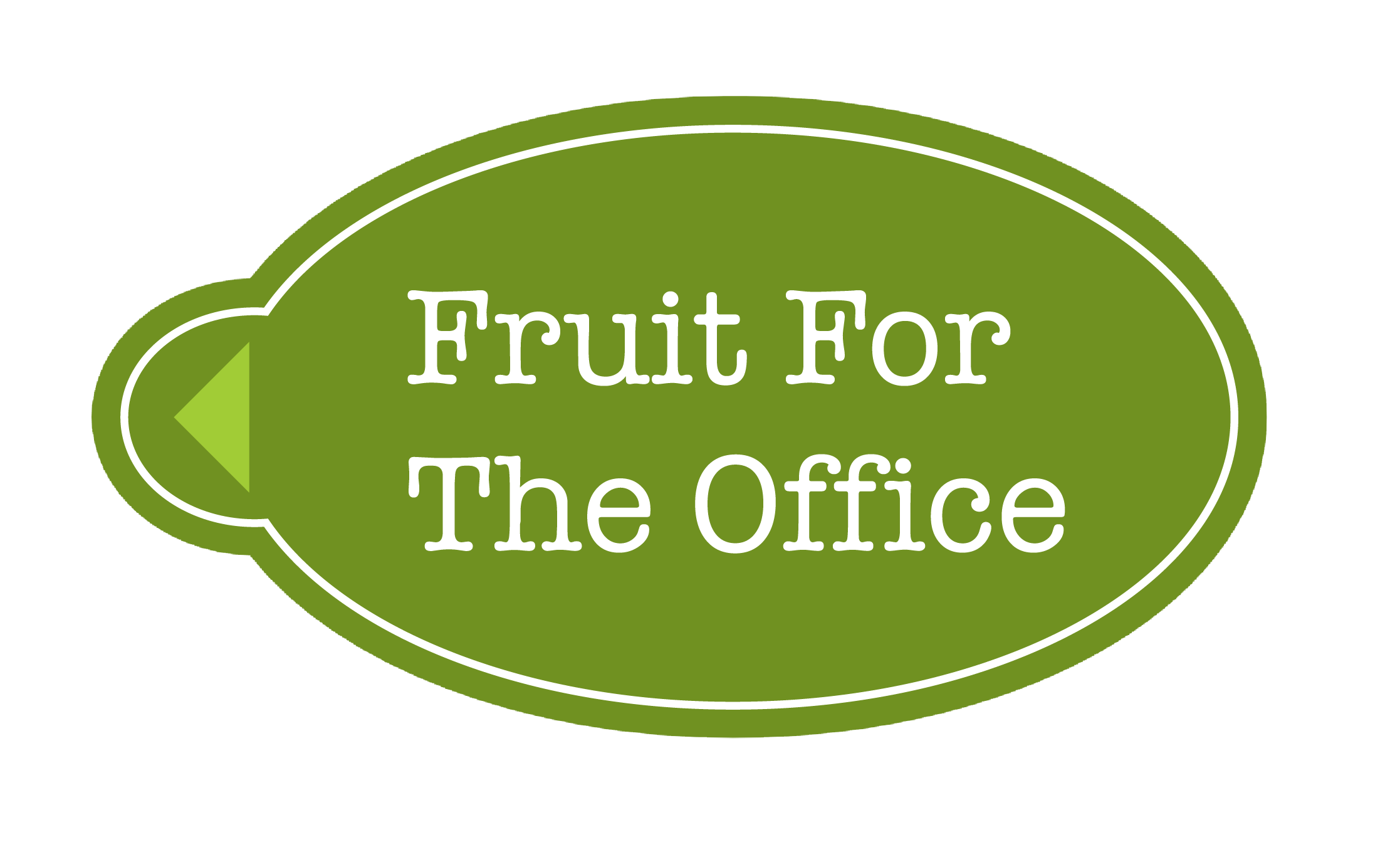

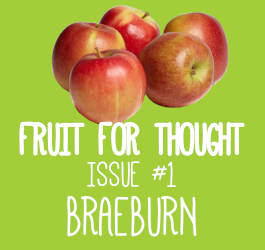




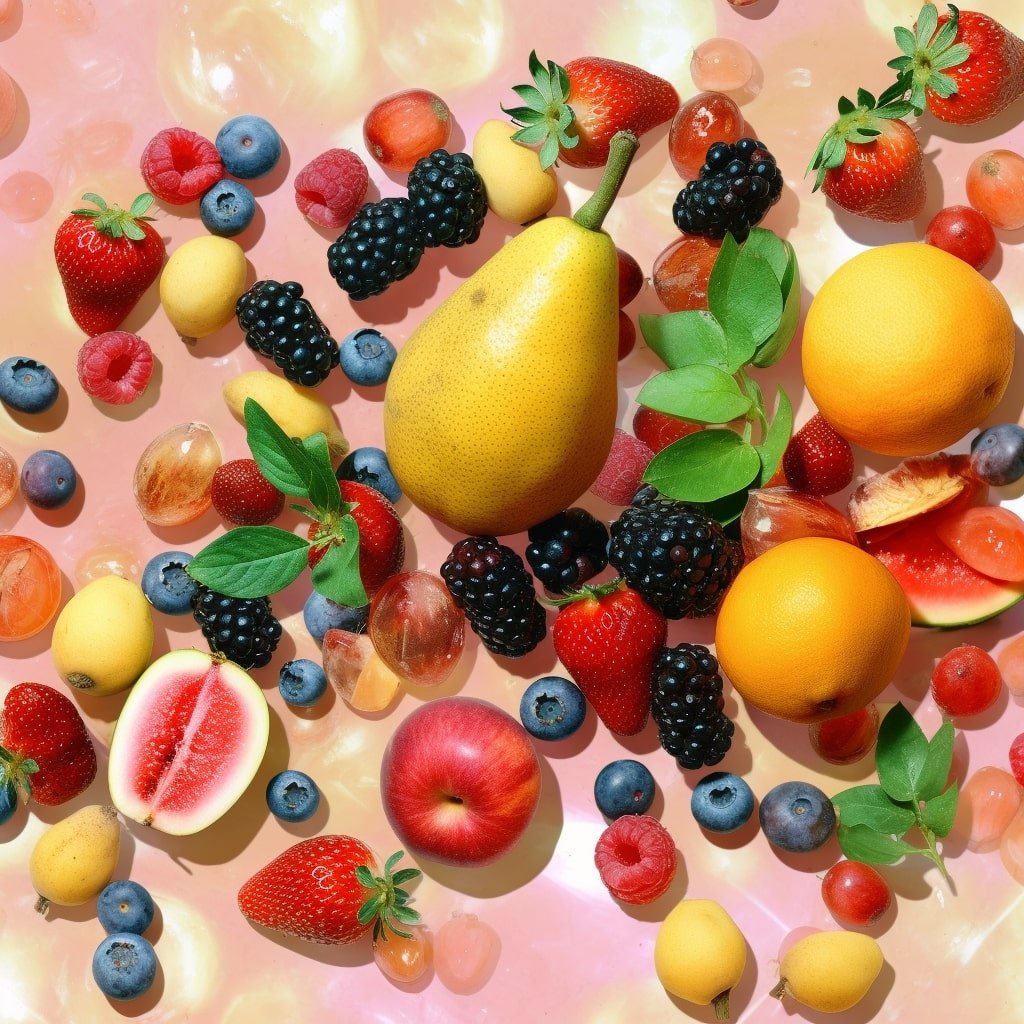



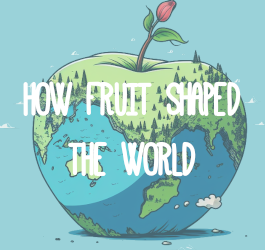

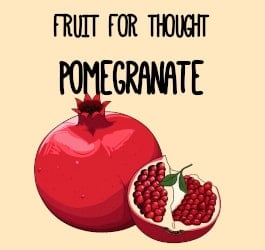
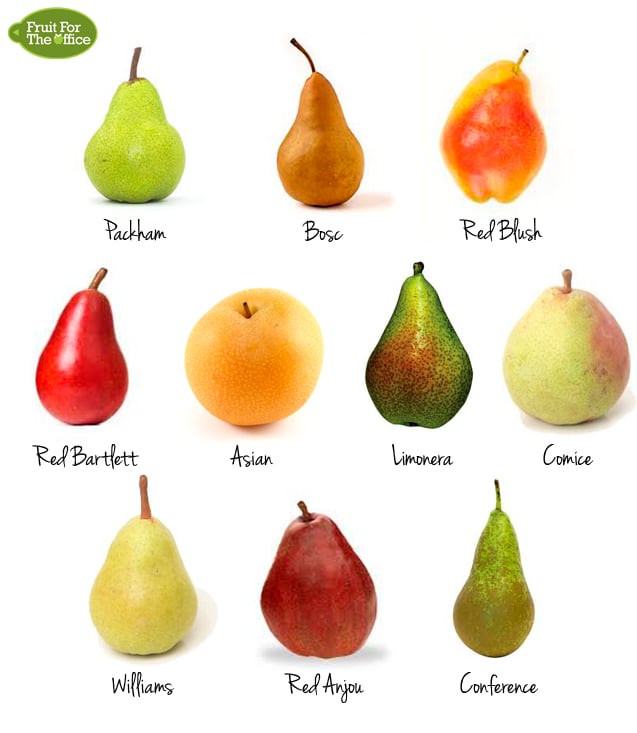
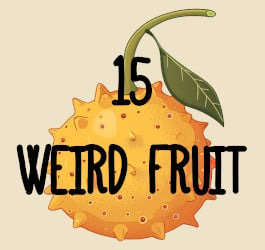
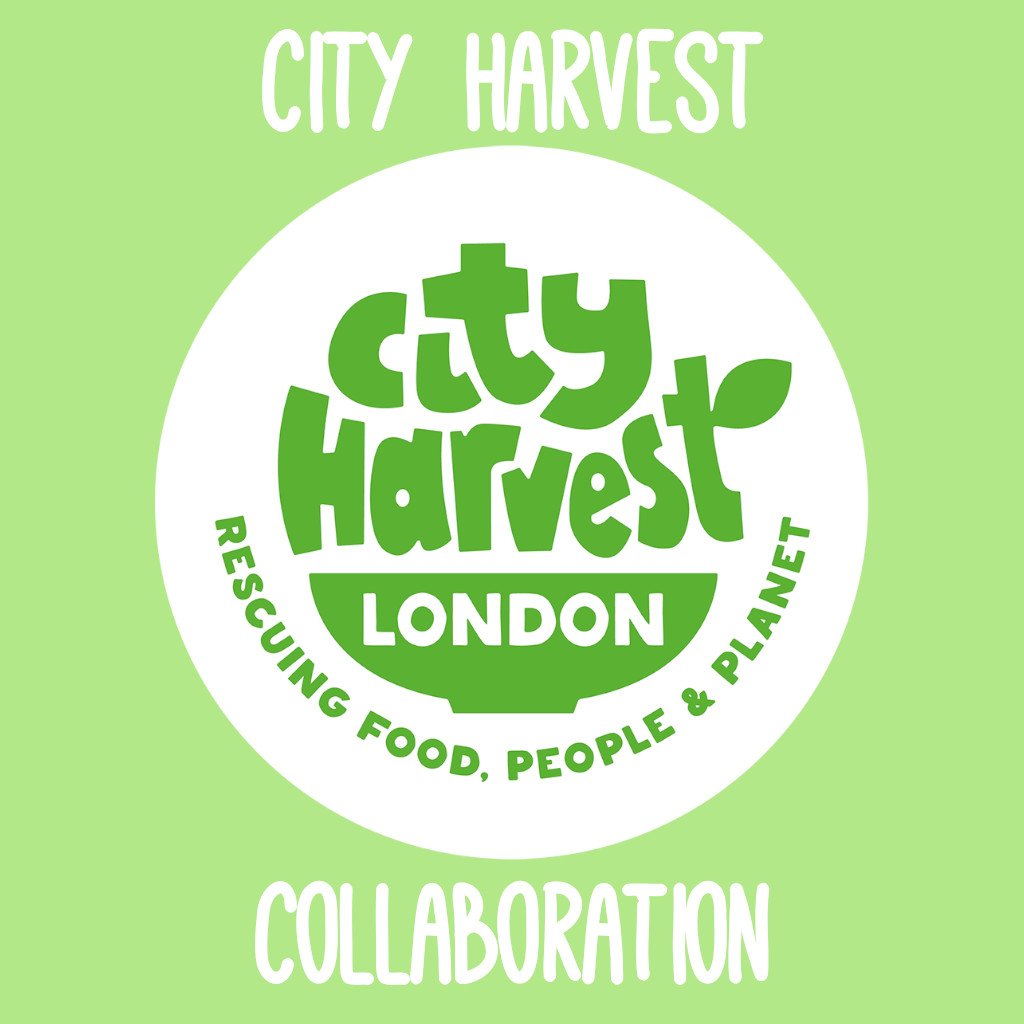

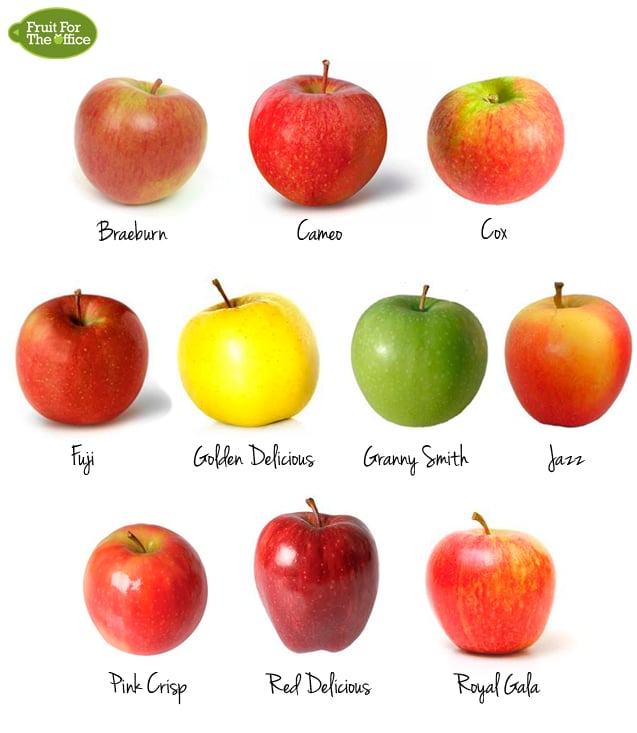





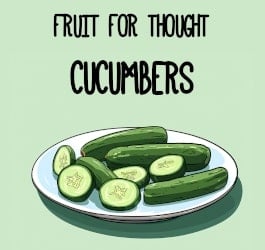

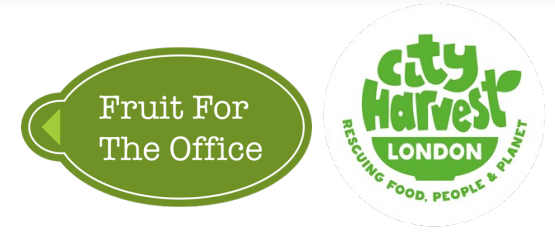






Comments